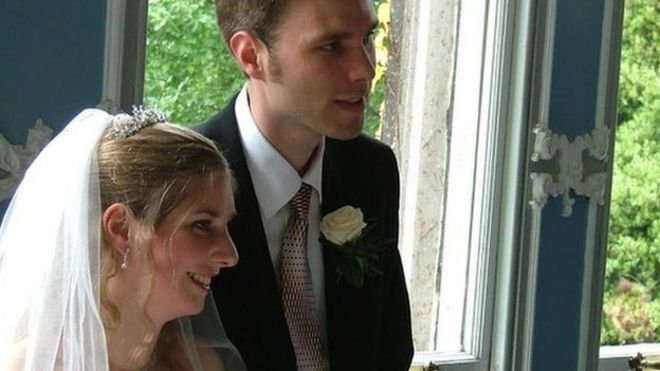
The British Humanist Society has been actively engaged in promoting its wedding services and campaigning to make them legal in England, as indeed they are already in Scotland. I see this as a positive move; the Civil Marriage Ceremony in England is rather limited, since nothing even hinting at religion is allowed – no Ave Verums, Pie Jesus, Panis Angelicuses, or biblical readings/allusions. Waiting to bless a couple after a Civil Marriage ceremony, I have been asked to leave, simply for wearing a clerical dog collar. The Humanists are also keen to draw our attention to the personalised help and support they give in preparing a couple for the service and marriage itself.
Personally I would like to see Britain adopt a system similar to that in France, where all couples complete a civil ceremony and can then choose to move on to a service of blessing or thanksgiving with any religious denomination or non-religious group.
If I have one criticism of the recent publicity, it is the claim that Scottish couples who chose a humanist wedding are less likely to divorce than those who engaged in other forms of marriage ceremony. According to the published statistics, since the instigation of Humanist ceremonies, couples married in this way are;
Three times less likely to divorce than Roman Catholics over the same period.
Half as likely to divorce than those in the Church of Scotland.
Almost four times less likely to divorce than those entering civil partnerships.
In fact according to their figures, the divorce rate for that period for those married in a Humanist ceremony are 0.17% as compared to 0.84 % for non-humanist. Less than 1% is hardly a large proportion and the difference between the two groups even smaller.. Also we aren’t told anything about those asking for a Humanist ceremony? What proportion of them are being married for the second time? How does their age profile compare with the other couples in the study?
I was once a Humanist celebrant and conducted quite a number of funeral services until it was discovered I was a Church of England priest! I was then thought to be an unsuitable person to carry out these ceremonies. Many of the families I took services for wanted to sing a hymn, or have a prayer said, or have music from a Bach Cantata played during the ceremony.
Today we live in communities where people hold all kinds of belief, attending services and ceremonies across a wide spectrum, even within families and couples. Anyone leading a service or ceremony, whatever their own personal stance, will want to make everyone feel welcome and able to participate. If we can’t celebrate milestones on the journey of life together, what hope of building a sense of community in our richly diverse world?